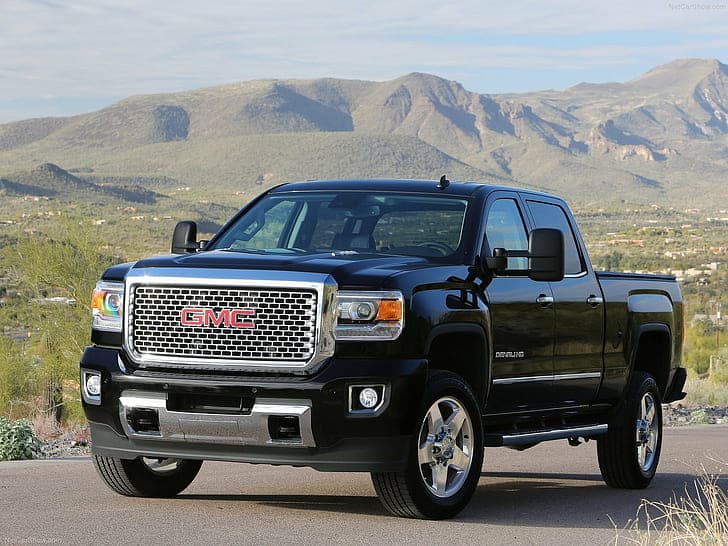When it comes to vehicle insurance, a common question many car owners have is: “Are trucks more expensive to insure than SUVs?” This query is particularly relevant for individuals deciding between purchasing a truck or an SUV. Both types of vehicles have their unique features and purposes, which significantly influence their insurance costs. In this article, we will delve into the various factors that impact the insurance premiums for trucks and SUVs, offering a comprehensive comparison to help you make an informed decision.
Are Trucks More Expensive to Insure than SUVs?
The Role of Vehicle Value in Insurance
One of the primary factors affecting insurance costs is the value of the vehicle. Generally, more expensive vehicles cost more to insure because they are costlier to repair or replace. Trucks, especially those used for commercial purposes or high-end models, can be quite expensive, potentially leading to higher insurance rates. On the other hand, SUVs, which range from affordable to luxury models, can have varying insurance costs based on their market value.
Risk Factors and Usage
The intended use of the vehicle plays a crucial role in determining insurance premiums. Trucks are often used for heavy-duty work, towing, and commercial purposes, which may increase the risk of damage and accidents, leading to higher insurance rates. SUVs, typically used for personal or family transportation, might present a lower risk in comparison, potentially resulting in lower insurance premiums.
Safety Features and Ratings
Insurance companies also consider the safety features and crash-test ratings of vehicles. Modern SUVs are often equipped with advanced safety features and tend to have favorable safety ratings, which can help reduce insurance costs. Trucks, depending on their make and model, might have varying levels of safety features and ratings, influencing their insurance premiums.
Location and Demographics
The location where the vehicle is primarily driven and the demographics of the driver, including age and driving history, also impact insurance costs. Both trucks and SUVs may see varying insurance rates depending on these factors.
Comparing Insurance Premiums: Trucks vs. SUVs
To determine whether trucks are more expensive to insure than SUVs, it’s essential to compare insurance premiums for similar models and usage scenarios. Generally, larger and more expensive vehicles, which may include some trucks, tend to have higher insurance premiums. However, this is not a hard and fast rule, as individual vehicle features, safety ratings, and usage purposes greatly affect the overall insurance cost.
Making an Informed Decision
When choosing between a truck and an SUV, consider not only the purchase price but also the long-term costs, including insurance. It’s advisable to get insurance quotes for specific models you are considering to have a clear understanding of the ongoing costs associated with each vehicle type.
Conclusion:
In summing up the comparison between insuring trucks and SUVs, it’s clear that the answer is not a simple one-size-fits-all. The cost of insurance for these vehicles is influenced by a complex interplay of factors, including the vehicle’s purpose, value, safety features, and the driver’s profile.
Trucks, often associated with commercial use or heavy-duty tasks, might carry higher insurance costs due to the increased risk of damage or accidents inherent in their usage. However, this is not an absolute rule, as certain high-end or luxury SUVs can also command high insurance premiums, particularly if they come with a hefty price tag or lack advanced safety features.
When considering whether trucks are more expensive to insure than SUVs, potential buyers should conduct thorough research and seek personalized insurance quotes for the specific models they are considering. This approach provides a more accurate understanding of the insurance costs they can expect. Additionally, factors such as the intended use of the vehicle, the frequency of use, and even the area where the vehicle will be primarily driven must be taken into account. Ultimately, the decision should be based on a comprehensive evaluation of both the initial investment and the ongoing costs, including insurance.
By carefully weighing these factors, vehicle buyers can make an informed choice that suits their needs, preferences, and budget, ensuring they select the vehicle type that offers not only the functionality and style they desire but also aligns with their financial planning and insurance affordability.



